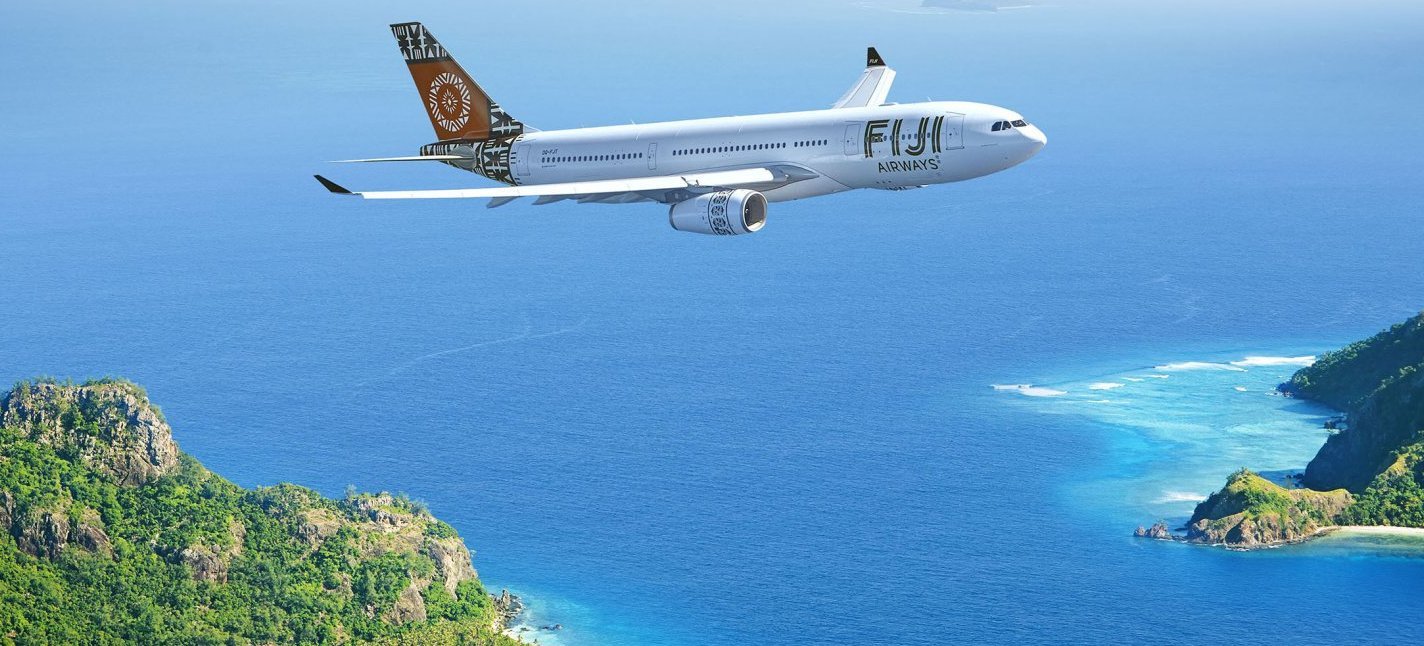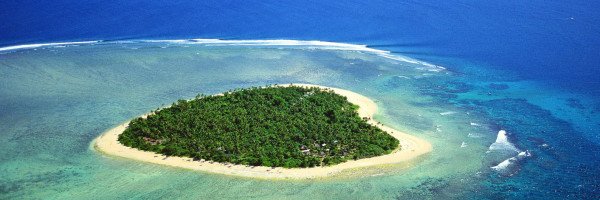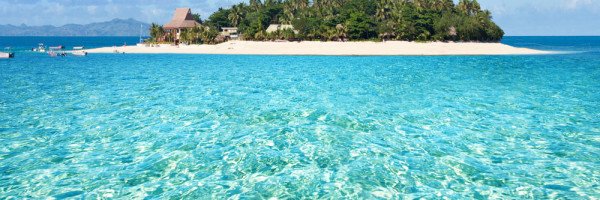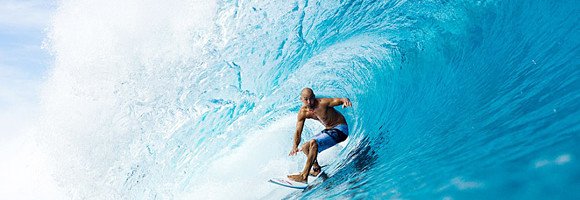Understanding the Importance of Coral Reefs
Coral reefs are often referred to as the “rainforests of the sea” due to their incredible biodiversity and the vital ecosystem services they provide. In Fiji, these underwater ecosystems are not only stunning in their beauty but also crucial for the survival of numerous marine species. They offer habitat and breeding grounds for fish, mollusks, and many other marine organisms. Coral reefs also play a significant role in protecting coastal communities from storm surges and erosion, acting as natural barriers that absorb wave energy. Furthermore, they contribute to the economy through tourism and fishing, making them essential for the livelihoods of many Fijians. The reefs support a variety of marine life, creating a rich tapestry of biodiversity that attracts divers and snorkelers from around the globe. For those exploring the underwater wonders, the Fijian coral reefs are a must-see, particularly near popular Fiji scuba beaches. In New Zealand, similar efforts to protect coastal ecosystems can be observed, particularly in areas like the Poor Knights Islands and the Bay of Islands. These regions boast healthy marine reserves that serve as a testament to the importance of conservation and responsible tourism.Biodiversity of Fiji’s Coral Reefs
The coral reefs of Fiji are home to an astonishing array of marine life, with more than 1,500 species of fish and countless invertebrates and coral species. This diversity is primarily due to Fiji’s location within the Coral Triangle, a region known for having the highest marine biodiversity in the world. The vibrant colors and unique shapes of the corals, combined with the sheer abundance of marine life, make diving in these waters an unforgettable experience. Among the most notable inhabitants of Fiji’s coral reefs are the clownfish, parrotfish, and various species of triggerfish. Additionally, larger marine animals such as manta rays, sharks, and sea turtles can often be spotted, particularly in protected marine parks. These species are not only critical for maintaining the ecological balance of the reef but also play significant roles in attracting divers and snorkelers who seek to experience the wonders of marine life firsthand. To better appreciate the biodiversity of Fiji’s coral reefs, consider visiting New Zealand’s marine reserves, such as the Cape Rodney-Okakari Point Marine Reserve, which showcases similar marine species and habitats. These areas serve as a reminder of the importance of protecting and preserving marine ecosystems.Threats Facing Coral Reefs
Despite their beauty and ecological importance, the coral reefs of Fiji face numerous threats that jeopardize their health and sustainability. Climate change is one of the most significant challenges, leading to rising sea temperatures and ocean acidification. These changes can cause coral bleaching, a phenomenon where corals expel the algae living in their tissues, resulting in a loss of color and, ultimately, death if conditions do not improve. Overfishing and destructive fishing practices, such as blast fishing and cyanide fishing, further exacerbate the decline of coral reefs. Additionally, coastal development and pollution from land-based sources pose significant risks to these fragile ecosystems. Sedimentation, nutrient runoff, and plastic pollution can smother corals and disrupt the delicate balance of marine life. In response to these threats, Fiji has implemented various conservation initiatives aimed at protecting its coral reefs. Community-based management practices and marine protected areas have been established to promote sustainable fishing and tourism. For those interested in making a difference, participating in local conservation efforts or supporting organizations dedicated to reef protection can have a lasting impact. New Zealand has also faced similar challenges, particularly in its marine environments. The establishment of marine reserves and strict fishing regulations has proven effective in protecting local biodiversity and ensuring sustainable practices.Conservation Efforts in Fiji
Fiji has become a leader in coral reef conservation, implementing a range of strategies to protect its marine ecosystems. One of the most effective approaches has been the establishment of marine protected areas (MPAs), where fishing and other potentially harmful activities are restricted or prohibited. These areas allow fish populations to recover and promote the overall health of the reef ecosystem. Community involvement is crucial to the success of these conservation efforts. Local communities are often engaged in managing MPAs and are educated about the importance of sustainable practices. By fostering a sense of ownership and responsibility, communities are more likely to participate in conservation initiatives and protect their marine environments. Organizations such as the Coral Triangle Initiative and the Fiji Locally Managed Marine Area Network play vital roles in coordinating conservation efforts and providing resources to local communities. These organizations work to enhance awareness of reef health, promote sustainable tourism practices, and facilitate research and monitoring of coral reef ecosystems. For those looking to support conservation efforts in Fiji, consider participating in eco-friendly diving or snorkeling tours that contribute to local initiatives. In New Zealand, similar efforts are evident in marine reserves that focus on conservation and education, offering valuable lessons for sustainable practices.Exploring Fiji’s Coral Reefs: Best Dive Sites
Fiji is renowned for its world-class diving opportunities, with numerous dive sites showcasing the breathtaking beauty of its coral reefs. Some of the most popular dive locations include the Rainbow Reef, known for its vibrant coral gardens and abundant marine life, and the Great White Wall, famous for its stunning white coral formations. The Soft Coral Capital of the World, Fiji boasts sites like the Namena Marine Reserve, where divers can experience an incredible variety of soft corals and diverse marine species. These dive sites not only provide opportunities for adventure but also allow divers to witness the importance of coral reefs firsthand. For those traveling from New Zealand, many dive operators offer packages that combine diving experiences with conservation efforts, allowing participants to learn about reef health while enjoying the underwater wonders. Engaging in responsible tourism practices ensures that the beauty of Fiji’s coral reefs can be preserved for future generations.The Role of Local Communities in Coral Conservation
Local communities play an integral role in the conservation of coral reefs in Fiji. Many coastal communities rely on the ocean for their livelihoods, making them key stakeholders in the health of marine ecosystems. Through education and community-based management initiatives, local residents are empowered to take charge of their natural resources. Traditional practices, such as taboos on certain fishing areas and seasonal closures, have proven effective in maintaining fish populations and promoting biodiversity. By integrating traditional knowledge with modern conservation strategies, local communities can create sustainable practices that benefit both the environment and their livelihoods. Moreover, tourism has become a powerful tool for conservation, as visitors are often eager to support local initiatives and learn about the importance of reef health. Eco-tourism operators frequently collaborate with communities to promote sustainable practices and raise awareness about the threats facing coral reefs. In New Zealand, similar community-driven conservation efforts can be observed, particularly in marine reserves where local iwi (tribes) engage in the protection of their marine environments. These collaborative approaches highlight the importance of community involvement in ensuring the health and sustainability of coral reefs and marine ecosystems.Future Directions for Coral Reef Conservation
The future of coral reefs in Fiji depends on continued commitment to conservation efforts, sustainable practices, and education. As climate change remains a pressing threat, it is crucial to develop strategies to mitigate its impacts on coral ecosystems. Innovations in reef restoration, such as coral gardening and the use of resilient coral species, are being explored to enhance the resilience of reefs in the face of environmental challenges. Education and awareness-raising initiatives are also essential for fostering a sense of stewardship among both locals and visitors. By promoting responsible tourism practices and encouraging individuals to support conservation efforts, the long-term health of Fiji’s coral reefs can be safeguarded. Collaborative efforts among governments, NGOs, local communities, and the tourism industry will be vital in creating a comprehensive approach to coral reef conservation. By sharing knowledge and resources, stakeholders can work together to address the challenges facing these vital ecosystems. For those in New Zealand, lessons can be learned from Fiji’s conservation strategies, particularly regarding community involvement and the integration of traditional practices. By taking action now, we can ensure that the coral reefs of Fiji continue to thrive for generations to come.FAQs
What makes the coral reefs of Fiji unique?
The coral reefs of Fiji are renowned for their incredible biodiversity, hosting thousands of marine species, including vibrant corals, fish, and other marine life. The warm tropical waters and favorable conditions contribute to the rich ecosystem, making it a prime location for both scientific study and recreational activities like diving and snorkeling.
How can I experience the coral reefs of Fiji?
Visitors can explore the stunning coral reefs of Fiji through various activities such as scuba diving, snorkeling, and glass-bottom boat tours. Many resorts and dive shops offer guided tours, allowing you to safely experience the underwater beauty while learning about the diverse marine life.
What are the best scuba diving spots in Fiji?
Some of the best scuba diving spots in Fiji include the Rainbow Reef, the Great White Wall, and the soft coral capital of the world, the Namena Marine Reserve. Each location offers unique underwater landscapes and an abundance of marine species, making them must-visit sites for divers.
What conservation efforts are in place to protect Fiji’s coral reefs?
Fiji has implemented several conservation initiatives to protect its coral reefs, including marine protected areas (MPAs), community-led conservation programs, and sustainable tourism practices. These efforts aim to preserve the delicate ecosystems while promoting awareness and education among locals and visitors.
How does climate change affect Fiji’s coral reefs?
Climate change poses a significant threat to Fiji’s coral reefs, primarily through rising sea temperatures, ocean acidification, and extreme weather events. These factors can lead to coral bleaching, habitat loss, and a decline in marine biodiversity, making conservation efforts even more critical.
What role do local communities play in coral reef conservation in Fiji?
Local communities in Fiji are vital to coral reef conservation, as they often rely on marine resources for their livelihoods. Many communities participate in sustainable fishing practices and engage in reef restoration projects, ensuring that the benefits of healthy reefs are shared while fostering a sense of stewardship for their environment.
Can I help with coral reef conservation efforts while visiting Fiji?
Yes, visitors can contribute to coral reef conservation by choosing eco-friendly tours, supporting local conservation initiatives, and practicing responsible snorkeling and diving. Many organizations in Fiji offer volunteer opportunities for tourists, allowing them to engage directly in conservation efforts during their stay.
References
- Coral Reefs of Fiji – Fiji Islands – This official tourism site provides an overview of Fiji’s coral reefs, highlighting their biodiversity and the importance of conservation efforts in the region.
- Coral Reefs in Fiji – The Nature Conservancy – An informative article detailing the unique coral ecosystems in Fiji and the ongoing conservation initiatives to protect them.
- Coral Reefs – IUCN – The International Union for Conservation of Nature provides insights into the global significance of coral reefs, including initiatives relevant to Fiji.
- Coral Reefs in Fiji – ScienceDirect – A comprehensive resource on research articles and studies focusing on the biodiversity and conservation of Fiji’s coral reefs.
- Coral Reefs and Their Conservation – Fijian Government – The official website of the Fijian government outlines policies and actions taken to preserve coral reef ecosystems in Fiji.







